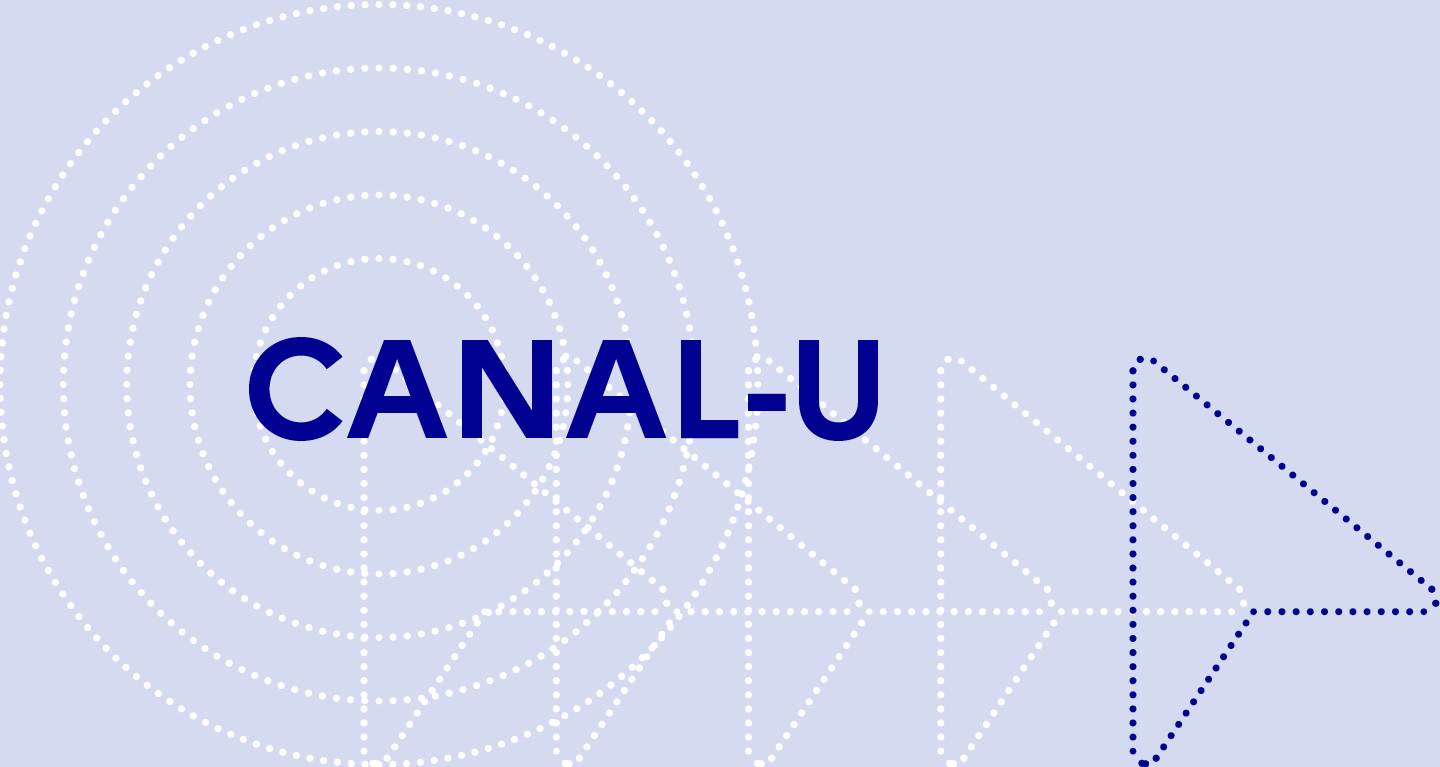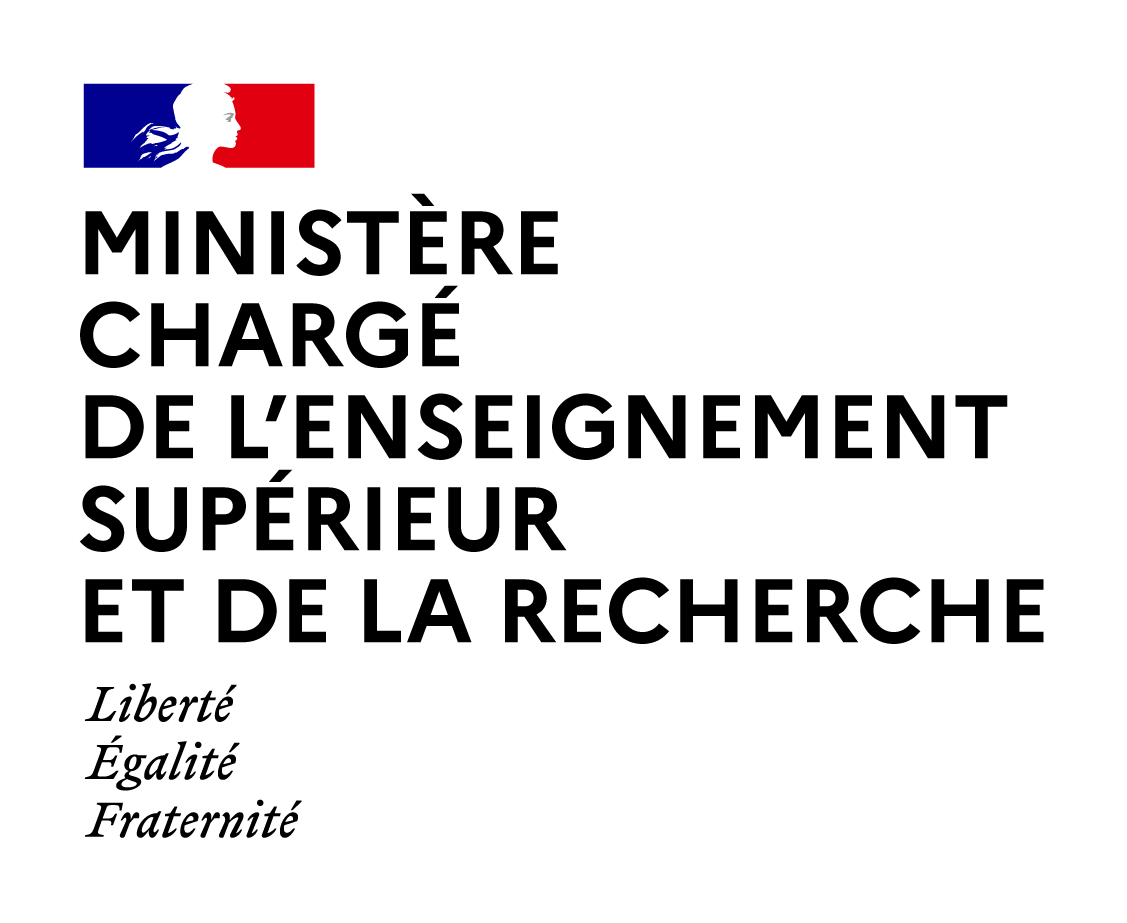
Sommaire
4.2. Support Splitting Algorithm
Date de création :
05.05.2015Auteur(s) :
Irene MARQUEZ-CORBELLA, Nicolas SENDRIER, Matthieu FINIASZPrésentation
Informations pratiques
Droits réservés à l'éditeur et aux auteurs. Ces ressources de cours sont, sauf mention contraire, diffusées sous Licence Creative Commons. L’utilisateur doit mentionner le nom de l’auteur, il peut exploiter l’œuvre sauf dans un contexte commercial et il ne peut apporter de modifications à l’œuvre originale.
Description de la ressource
Résumé
This session will be about the support splitting algorithm. For the q-ary case, there are three different notions of equivalence. The general one: two codes of length n are semi-linear equivalent if they are equal up to a fixed linear map. Each linear map is the composition of a permutation, a scalar multiplication, which could vary for each coordinate, and a field automorphism. But for this session, we consider a more restrictive definition, which coincides with the general case for binary linear code. Two codes are permutation-equivalent if they are equal up to a fixed permutation on the codeword coordinates. Given two linear codes, we have two different problems. First of all, decide whether two given codes are equivalent and on that case retrieve the permutation mapping. In this paper, it has been discussed the difficulty of this problem. They showed that the code equivalence problem is not NP-complete but it is at least as hard as the Graph Isomorphism problem. We have the following known algorithms to solve the Code Equivalence problem. The Support Splitting Algorithm, which solves the permutation equivalence problem in polynomial-time for binary codes.
"Domaine(s)" et indice(s) Dewey
- Analyse numérique (518)
- Théorie de l'information (003.54)
- données dans les systèmes informatiques (005.7)
- cryptographie (652.8)
- Mathématiques (510)
Domaine(s)
- Analyse numérique
- Analyse numérique appliquée, calcul numérique, mathématiques numériques
- Programmation : Algorithmique, langages, conception objet, programmes
- Informatique
- Informatique
- Expression orale et écrite
- Cryptographie
- Généralités, philosophie, théorie des mathématiques
- Généralités
- Outils, méthodes et techniques scientifiques
- Didactique des mathématiques
- Histoire des mathématiques
- Mathématiques et physique
Document(s) annexe(s)
- Cette ressource fait partie de
Fiche technique
- LOMv1.0
- LOMFRv1.0
- Voir la fiche XML



